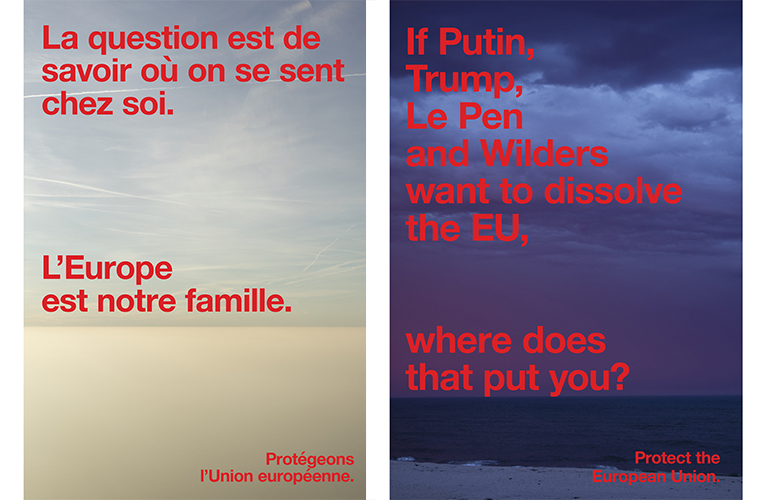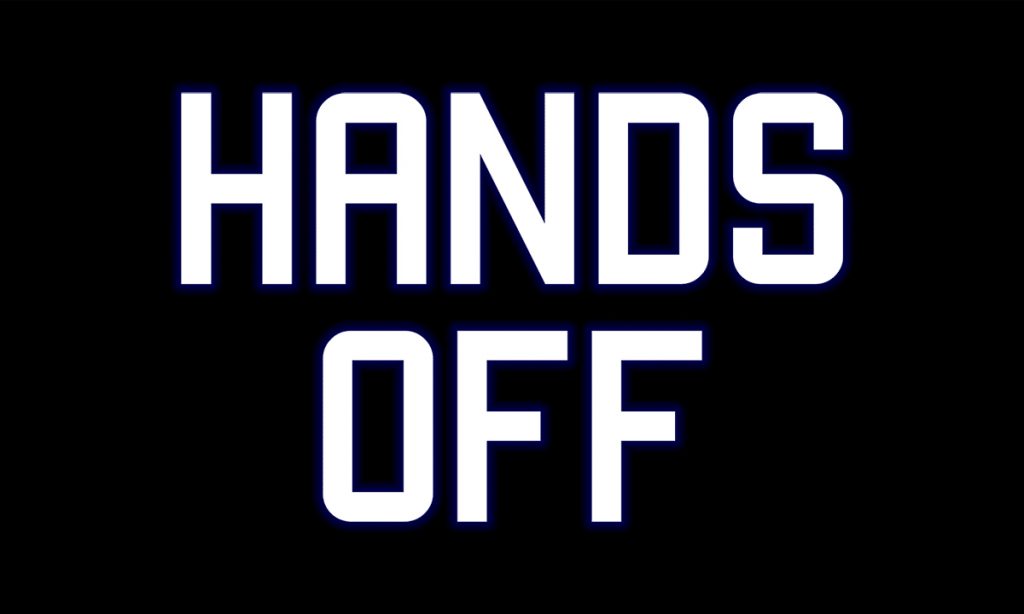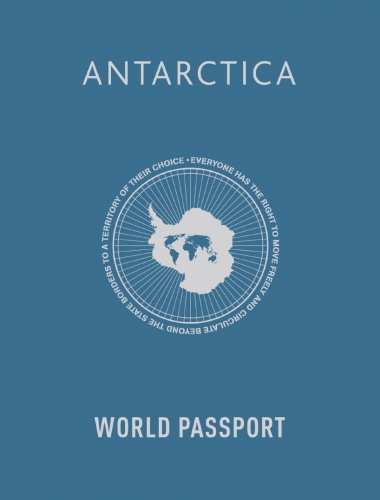By Maryssa Cook-Obregón – MA Fashion Futures, London College of Fashion
The fifth edition of the Passagens Reading Group series took place on the 7th of March at London College of Communication (LCC). This session of Passagens featured a workshop with some of the organisers of ‘Hands Off Our Revolution’, which is a global coalition of artists and cultural practitioners.
‘Hands Off Our Revolution’ is a newly formed project and started only a few weeks ago, but it is rapidly growing in size, ideas, and reach. The group at this moment has about 200 members and an initial mission statement has been drawn up, though the organisers intimated that they believe and hope this will evolve through discussions at workshops like this one.
‘Hands Off Our Revolution’ started in light of the turmoil and uncertainty that is being felt around the world as right-wing populist politics have managed to get a foothold in the U.S., Europe and elsewhere. As the group is in its nascent stage, members around the world are holding currently these kinds of workshops in their local environs to spread the word about their mission. This workshop at LCC is, in fact, the first meeting that the group is holding in London. Later this week, the group will hold similar events in New York and Chicago.
The intention of these workshops is to jump start conversations and meaningful engagement about ways to respond to feelings of ‘impotence, disillusionment, and isolation’, according to Ann Marie Peña, who was one of the organisers that was present. Peña is a curator with the Frith Street Gallery in London.
There was a diverse panel of the group’s members accompanying Peña during this workshop. Professor Lucy Orta, who is Chair of Art in the Environment at the London College of Fashion (LCF) and part of the Centre for Sustainable Fashion at LCF was present along with renowned photographer Wolfgang Tillmans. Artist Emma McNally, who was as well one of the organizers of the Women’s March UK was part of the panel along with fellow organizer of Women’s March UK, Chardine Taylor Stone, who is also an artist and writer.
As the organisers introduced the event, they remarked that these kinds of workshops where respectful debate and coalition-building can happen which will hopefully be the starting point for other chapters around the world to follow suite. At this stage, the group is still trying to identify what the scope of cultural resistance to populism might be. Each of the members present shared specific instances of how their individual artistic and cultural work could be considered as ways of affirming shared goals of ‘countering xenophobia, racism, sexism, homophobia and unapologetic intolerance’, which are all part of the group’s mission statement.
Through collaboration with his non-profit exhibition space, Between Bridges, Wolfgang Tillmans developed several poster images with messages that promoted the protection of the European Union and its base principals of promoting human rights and democracy. The posters he designed have since been adapted and translated into other languages and Tillmans encourages their open-source use across the EU as elections approach in France and Germany later this year.

image: two of Tillmans’ posters from his ‘Protect the EU’ project which were shown during this workshop, 2016 and ongoing
Professor Orta shared her project ‘Antarctic World Passport’ which is an endeavor she began with her husband, artist Jorge Orta in 2007 and which is still evolving. Inspired by the underlying principles of the of the Antarctic peace treaty, which symbolises the unification of world citizens and a border less continent, the project offers viewers a chance to apply for a world passport. The premise is that this passport can be applied for by anyone on the condition they commit to uphold sustainable development, defend natural environments under threat, to fight against climate change, to support humanitarian actions, and to share values of peace and equality.
After presenting their artistic responses, the members of ‘Hands Off Our Revolution’ invited the audience to share their thoughts on how the coalition could continue developing into an inclusive and multi-voice space. Chardine Taylor Stone emphasized the need for the space to be open and receptive to the voices of women, LGBTQ people, and people of color. To this, an audience member responded, saying she completely agreed with Chardine but that the group needed to also consider engaging with the people who voted for Brexit and Trump, which was a largely white and male demographic, she said. The audience member continued, mentioning that she believed that part of the reason why some people would vote in favour of right-wing populists is because they are feeling isolated due to the rapid changes globalization has brought about.
The feeling of isolation by various groups of people around the globe is something ‘Hands Off Our Revolution’ wants to directly engage with. In talking about creating a multi-voice and inviting coalition, they are keenly aware of the power of language and how using it needs to be meticulously considered. Some audience members brought up how words like ‘revolution’ can have unique connotations to different people and that it could be divisive to have the word in the group’s title. Others believed the word was appropriate during a time when all of the existing frameworks in the world need to be revisited.
The workshop brought out a diverse audience and the lecture hall it was held it was filled to the brim. It seems that ‘Hands Off Our Revolution’ is, at this stage, achieving its goal of communicating its intention to a wide range of people. If the lively conversation between the audience and the panel was any indication, it would appear that the group is on the right track to connecting with a range of people who all feel that now is the time to come together to at least begin talking with each other.
Related Links:
- Passagens Reading Group
- Hands Off Our Revolution
- Lucy Orta UAL Research Profile
- Centre for Sustainable Fashion
- Wolfgang Tilmans website
- Studio Orta
About the Passagens Reading Group:
With the aim of interrogating dialogues about a cross-disciplinary subject Passagens (a Postgraduate Community Reading Group) is a response to increased anxiety amongst students at UAL, to address the meaning and the issues surrounding the act of migration. Passagens takes its meaning from the linguistic variables of the Portuguese ‘passagem’, which implies a number of different journeys: from one period in life to another, from one country, language culture and conviction to another, from being home to being a foreigner, from student to professional, child to teenager to adult, but also from one geological epoch to another, and allows for diverse perspectives to interweave.
This event is the fifth in a series of events, organised by Professor Lucy Orta of Art and the Environment and member of Centre for Sustainable Fashion (CSF), in collaboration with CSF Associate Curator Camilla Palestra, and is supported by the UAL Postgraduate Community.
About the Article reporter:
Maryssa Cook-Obregón is Postgraduate Community Ambassador representing London College of Fashion for the Spring Term.
Missed any of the previous Passagens Reading Group Sessions? Catch up on what has been discussed by reading student event reports:
Click here for the Passagens Reports on the PG Blog



